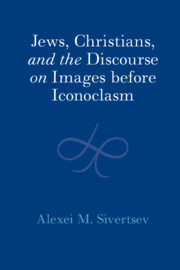The Hebrew Bible prohibits lending at interest. This is usually linked to care for the poor. A similar connection is found in post-biblical literature as well. In Deut 23:20–21, however, usury is disconnected from the poverty laws. Classical rabbinic literature (second to sixth centuries) follows Deuteronomy in sharply de-coupling usury from poverty: the usury prohibition in that corpus regulates commerce and property, and is not intended to benefit the poor. In a sharp break with classical rabbinic tradition, the usury prohibition is reassociated with the poor in piyyut and in the Tanhuma midrashim, two late antique genres of Jewish literature associated but not entirely contiguous with classical rabbinic literature. Both genres bring this tradition to the fore through the use of earlier rabbinic materials, which do not espouse it. This combination of usury and care for the poor mirrors fourth-century Christian writings on usury.
